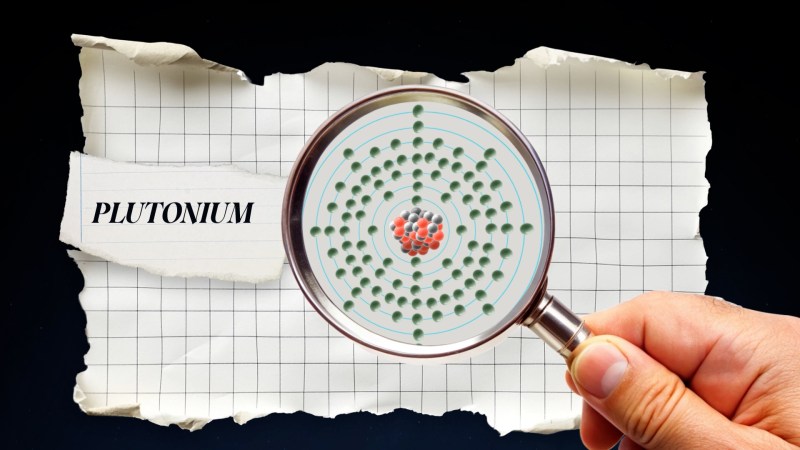U.S. moms say their mental health is getting worse
A national survey finds that mothers of children ages 0 to 17 years report mental health declines from 2016 to 2023.

The troubling pattern started sooner than the COVID-19 pandemic
U.S. mothers of kids ages 0 to 17 reported declining psychological health from 2016 to 2023, based on a nationally representative search.
Mavocado/Getty Shots

U.S. mothers elevating babies, youngsters and kids document worsening psychological health, a pattern that started sooner than the COVID-19 pandemic.
A nationally representative search queried households with youngsters starting from 0 to 17 years of age. From 2016 to 2023, the percentage of the shut to 200,000 mothers within the search sample who reported ravishing psychological health dropped from 38 to 26 percent. Meanwhile, the fragment of mothers reporting the bottom rating, wonderful or shaded psychological health, rose from 5.5 to eight.5 percent, researchers reported May 27 in JAMA Inner Remedy.
All the plot during the perinatal length — the time surrounding childbirth — the threat for creating psychological health issues increases for mothers. “Psychological health prerequisites are genuinely a main ingredient of maternal morbidity and mortality,” says Kara Zivin, a health policy researcher on the College of Michigan in Ann Arbor. In 2020, at 22.5 percent, psychological health prerequisites topped the list of causes of being pregnant-linked deaths up to one year post-partum, based on data from bigger than 500 such deaths in 38 states.
But the nationwide maternal mortality price, about 19 deaths per 100,000 are residing births in 2023, excludes deaths due to psychological health prerequisites and easiest extends to 42 days post-partum. The United States has the best price of maternal mortality amongst high-earnings countries.
Despair at some level of being pregnant locations the mummy in threat for the disorder after the toddler is born, says Karen Tabb Dina, a perinatal social work researcher on the College of Illinois Urbana-Champaign. “It’s no longer a lot like you enjoy a toddler and likewise you flip the switch and oh, all the pieces is executed, despair is long past.”
And after birth, many mothers experiencing psychological health indicators don’t essentially secure diagnosed, many who secure diagnosed don’t essentially secure handled and quite a lot of who secure handled may no longer secure effective treatment, Zivin says. “It’s no longer essentially gruesome that there are struggles with psychological health that are persisting.”
One proof-based program to make stronger mothers’ health after birth entails home visits, Tabb Dina says. The Maternal, Child and Early Childhood Dwelling Visiting Program, administered by the Neatly being Resources and Services Administration, assists households that enjoy younger youngsters and are in threat for maternal and child health harms. Among the companies provided are psychological health screenings and care referrals for fogeys. “We resolve on a HRSA in expose for this to occur,” Tabb Dina says. That company, part of the U.S. Department of Neatly being and Human Services, has been focused for reorganization and job cuts by the Trump Administration.
One other key make stronger for maternal health within the US is the authorities-backed medical health insurance coverage program Medicaid, which covers about 4 in 10 births. When it comes to every reveal has expanded Medicaid postpartum coverage from 60 days after birth to a plump year. Republican individuals of Congress are proposing massive cuts to the program. Zivin is desirous about potential adjustments to Medicaid and what that may per chance imply for mothers lined by the program.
For the new search on the psychological health of U.S. mothers, researchers analyzed data from the annual National Look of Adolescents’s Neatly being, which asks about youngsters’s and caregivers’ health. The search sample integrated female biological or adoptive fogeys who rated their psychological health on a four-level scale. Self-reported measures are essential for uncovering psychological health complications that is rarely were diagnosed, Tabb Dina says. The decline in ravishing psychological health happened lovely a lot as good psychological health rose from 19 to 26 percent.
The search wasn’t designed to judge about on the causes why mothers document worsening psychological health. “Ladies folks enjoy so many competing calls for: of family, of work, lack of trendy childcare, lack of parental leave, economic prerequisites. There are this kind of spread of pressures on households,” Zivin says. But more work is wished to comprehend what has contributed to the pattern the search reports, a lot like whether or no longer calls for on households enjoy changed over time and the enact of growing consciousness of psychological health components, she says.
Psychological health issues can put both mothers’ and kids’s health in threat. But Zivin says the message shouldn’t be that if a mom has a psychological health situation “then your child is doomed to enjoy a bad existence. I judge that’s where early intervention and appropriate intervention is serious.” And going forward, “to no longer lose peep of the mummy wonderful because she’s no longer pregnant anymore.”
More Reports from Science Info on Neatly being & Remedy
What's Your Reaction?




















































